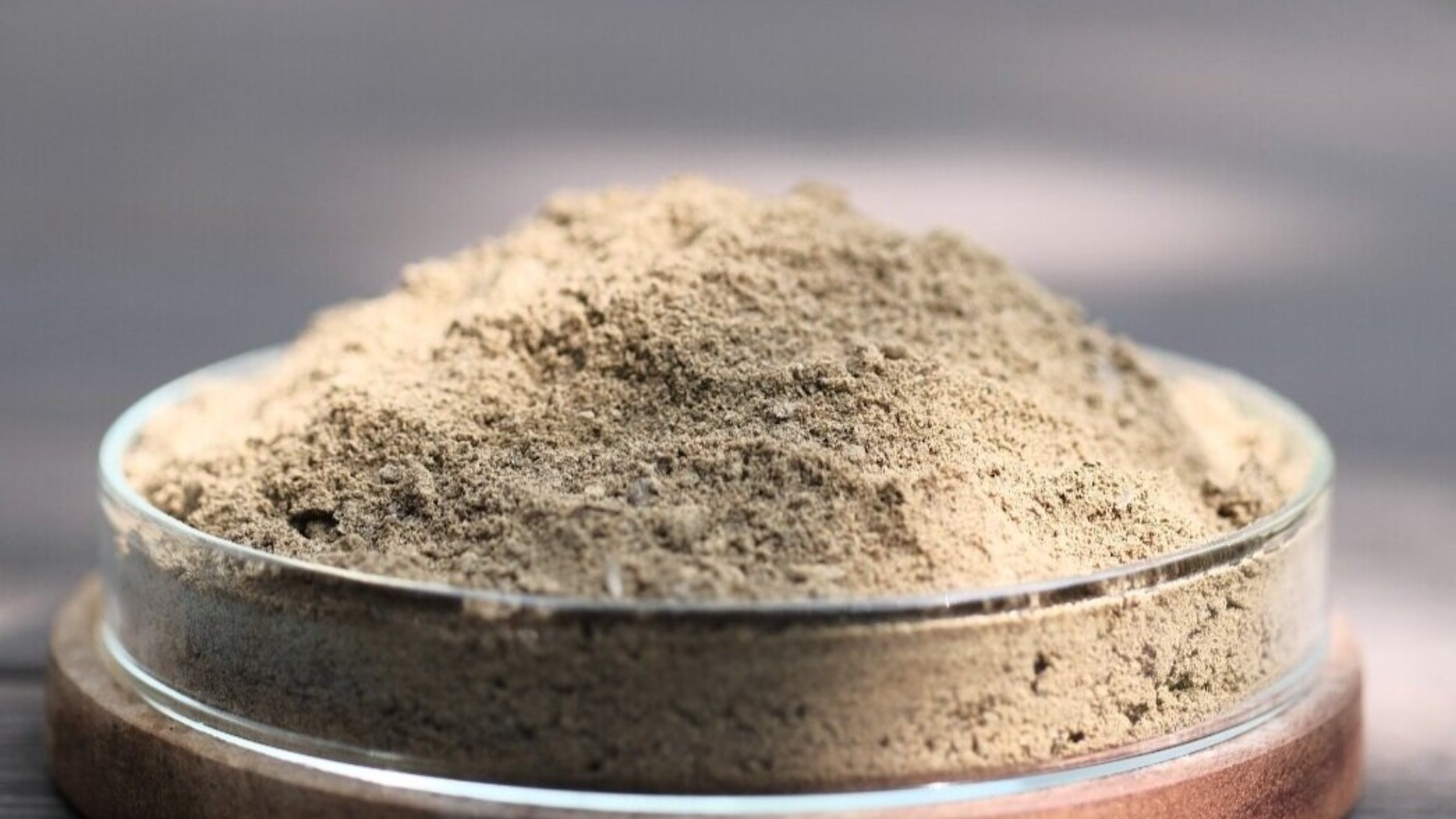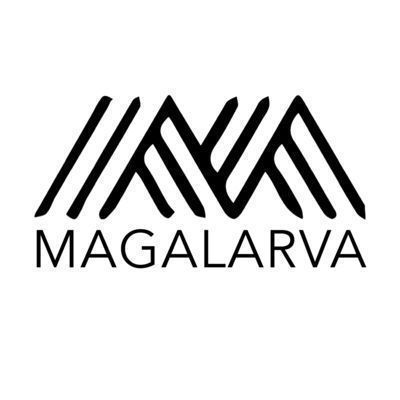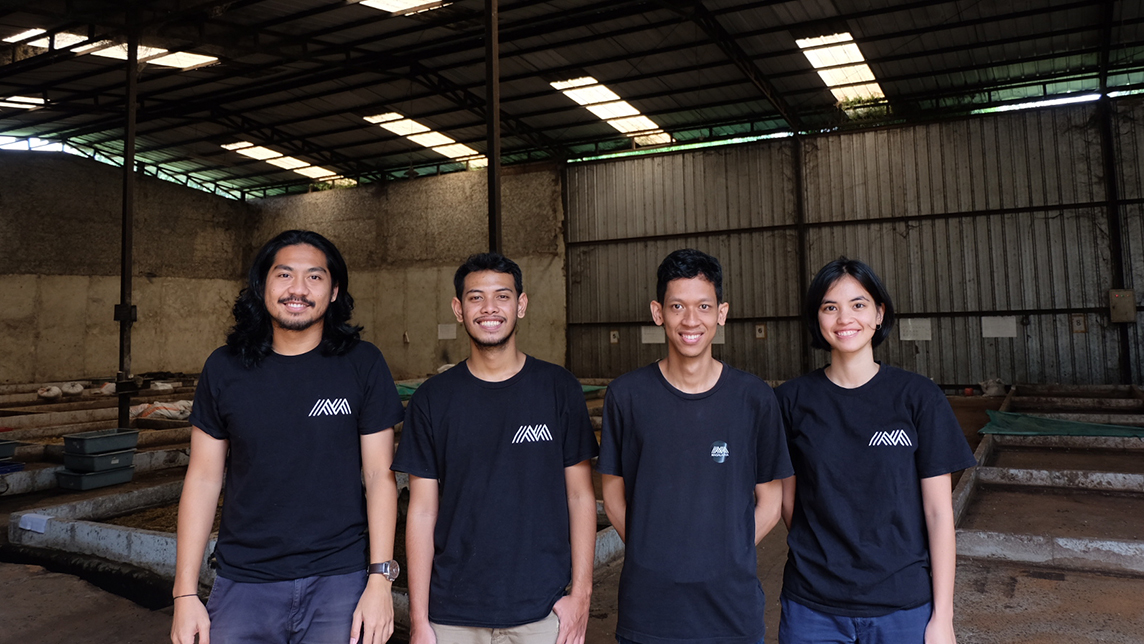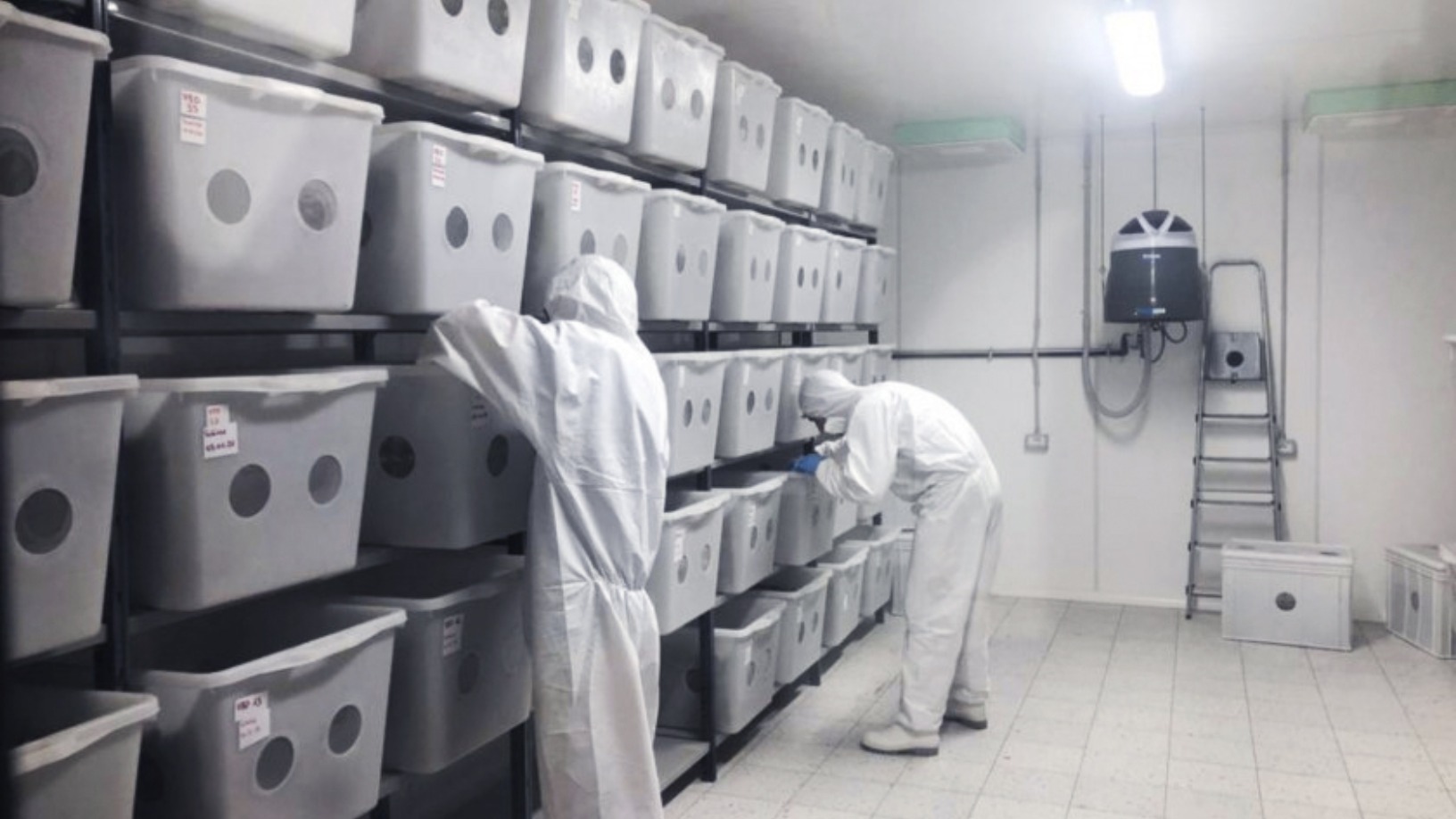When it comes to waste management companies, Indonesian startup Magalarva probably has an unconventional beginning. It began life as Magale, which developed an eco-friendly housing project, but in 2017, CEO and co-founder Rendria Labde pivoted the company to recycling organic waste.
Organic waste products, such as fruits and vegetable cuttings, are used to feed the larvae of black soldier flies (BSFs). The larvae is then harvested and either fed directly to animals, or processed into powder that can be used to produce animal feed pellets. The goal for Magalarva, and other similar companies around the world, is to replace the use of fishmeal as a source of protein in the animal feed industry. This would prevent overfishing that threatens fish stocks and ocean biodiversity.
CompassList first spoke to Magalarva CEO Labde and CMO Arunee Sarasetsiri in 2019, one year after the company began small-scale commercial production. Now, Magalarva has moved to a new manufacturing facility that can process up to 10 tons of organic waste every day. The company has also established partnerships with major organizations, like supermarket chain Super Indo and groceries e-commerce startup Eden Farm.
CompassList spoke with Sarasetsiri to learn more about Magalarva’s partnerships, its new manufacturing facility and how it plans to become profitable.
This interview has been translated from Indonesian and edited for length and clarity.
In your website you mentioned a partnership with Super Indo, the supermarket chain. What does the partnership entail?
We manage the organic waste coming from about 20 stores within the Greater Jakarta area, and this year we plan to scale up to double that number. The organic waste is mostly plant-based, but we can also process animal-related waste. Most of the waste is plant-based, like fruits and vegetables, which go bad relatively quickly. We do get some cuttings from fish or other meat byproducts from the butchery section. This is our environmentally friendly waste management service for businesses that want to improve their sustainability practices. Our service is priced competitively compared with other waste management companies, but we also offer the sustainability value. Clients can be assured that the waste is upcycled into fertilizer, animal feed, and other useful products instead of being dumped at a landfill. We also provide monthly reports on how much waste we receive and process from the clients.
Can you share some information on the fees for this service?
It's decided on a case by case basis. Some of the factors to consider include the nutritional content of the waste and how complex it is to handle the waste. For example, byproducts from milk production are often already in sludge form, but the nutritional content is imbalanced. We have to maintain the quality of the larvae's feed to ensure that the end result is satisfactory, so we will have to add "boosters" to complement the nutritional content. These boosters can come in various forms. For example, if the waste we're processing lacks protein, we might add tofu production waste to provide the protein.
Where else do you get your input for production?
We are still getting input from various manufacturers, like milk products and snack manufacturers, supermarkets and hotels. However, during the Covid-19 pandemic, the amount of organic waste coming from hotels decreased quite significantly. So we've partnered with Kebun Kumara to collect organic waste from homes in a scheme called Kompos Kolektif ("collective compost"). While the pandemic has reduced food production in hotels, we know that people don't stop generating waste, and it has just moved to homes from commercial areas. We have also partnered with Eden Farm, a groceries e-commerce platform and with waste transport service companies . They have clients that want the waste to be handled in a more sustainable way, so by working with us they can reduce the amount of waste that goes to the landfill.
The last time we spoke in 2019, Labde mentioned that there was intensive R&D effort to achieve profitability. Has this been achieved?
We are closing the gap to profitability and have brought down costs, but we are not yet profitable. We are dedicating R&D efforts to that. I cannot disclose when we will reach the breakeven point, but I can say that we are targeting to achieve profitability within 2–5 years.
What are Magalarva’s plans to achieve profitability?
We are looking for business development employees, researchers, and nutritionists. This is because we want to intensify efforts to scale up our manufacturing, as well as the distribution of the output to new customers. Right now most of the people familiar with using BSF products are in the aquaculture and poultry industries, but we hope to find more customers in other industries at our current prices and product forms. So we need a stronger business development team to make that happen.
Which market segment are you targeting for your expansion?
The products can be used in areas such as aquaculture, livestock farming and as pet food. The BSF products contain various components besides just protein that can help improve nutritional content of animal feed. For example, lauric acid can help improve the animal's immune system. BSF-derived protein products also contain more calcium and are hypoallergenic. We are working to develop more downstream partnerships to expand our buyer base to beyond catfish and koi fish and include edible fish like tilapia and grouper.
Regarding production, I read recently that Magalarva now operates a facility in Gunung Sindur, West Java.
Yes, we moved to our new location late last year. We are not at full capacity yet, but our production has increased compared to the previous years. We have also established a new system for larva rearing that's more space-efficient. The new facility occupies a 3,000 sqm plot, which is not really bigger than our previous location. But we are using more space-saving methods now, and we can process 10 tons of organic waste a day. That translates to about 2 tons of larva harvested every day. We are currently operating at roughly 50% capacity.
What are your plans to increase the manufacturing capacity?
Under our five-year plan, we intend to expand by opening more processing facilities in other cities. The plan is to create a decentralized system with small, partner-operated facilities in more areas. We supply the initial breeding stock, but all the processing is done on location. We then buy back the end product to sell.
We are also working to acquire more production inputs. This can take a while because the process involves dealing with other stakeholders. We have to do trials on processing each type of waste and the results take time. We are also researching how we can produce good eggs and larva that can work at high efficiency. We are looking for ways to optimize the breeding process and get a good breeding stock, so when we scale up we can have better economies of scale and compete on price against fishmeal.
The plan is to create a decentralized system with small, partner-operated facilities in more areas
Right now, BSF larvae products are still more expensive than fishmeal. This seems to be the same across the industry globally, but BSF provides sustainability-related value that makes it desirable in the export market. We've already talked to some interested parties in Indonesia, but cost remains a big hurdle to overcome [for local manufacturers].
Which products are you planning to export?
Mostly dry larvae and defatted powder. We've sent samples of our products to interested customers in Turkey, Japan, and Singapore. In Japan the products will potentially be used for pet food manufacturing, while in Turkey it will be used in aquaculture.
The scale of exports is not very large yet as the buyers need to do trials on the products. The composition of BSF products is different from fishmeal, which is what is being used in the industry right now. If the clients want to replace fishmeal, they might have to modify their formulation. For example, when making fish feed using BSF, the manufacturer might not need to add attractant chemicals because the scent already attracts fish.
Since Magalarva started commercial activities, how much waste has Magalarva processed?
We have been active in waste processing since 2017 at the lab scale and we expanded to commercial scale in 2018. Since 2018, we have processed about 1,000 tons of organic waste, diverting them from landfills. As a result of our waste processing activities, we estimate that we have reduced CO2 emissions by about 1,700 tons. That is the equivalent of the CO2 emissions from one household’s use of electricity over 400 years. By diverting waste from landfills, we also reduce the emission of methane from the decomposition process.
Does Magalarva have plans to further reduce the environmental impact caused by its business activities?
We plan to build processing facilities in other cities. This would put us closer to the waste-generating locations and allow us to process more waste, while minimizing the CO2 emissions from transporting the waste. We are also in the process of installing solar panels at our current manufacturing facility. We plan to be able to fully derive our factory’s power needs from solar energy.














